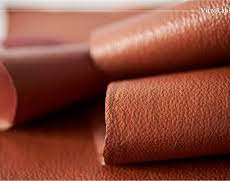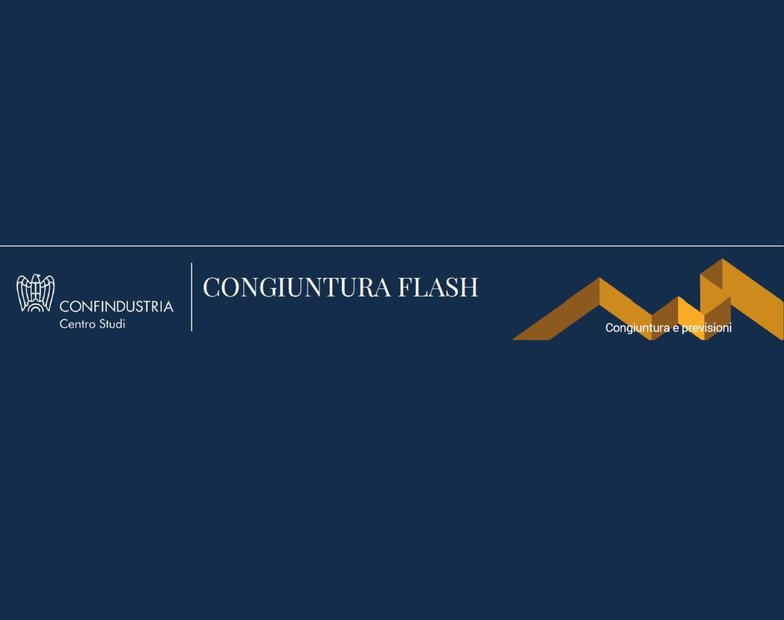Luxury giant Kering has joined forces with Vitrolabs in California on a project that is proving to be really promising. "Non-Leather" produced not from slaughtered cattle could be in production within the next year. [Kering backs cow-free, lab-grown leather. Game changer? – Vogue Business]
Vitrolabs, a California biotech startup creating cow-free leather from cell cultures, has been working with Gucci-parent Kering to develop leather alternatives for fashion, the companies announced today.
Kering is a key investor in Vitrolabs’s latest Series A funding round, which closed on Monday, and has been working confidentially with Vitrolabs on product development and tanning since 2018. The announcement of the partnership is timed to the recent investment. Vitrolabs has raised a total of $46 million from investors over two rounds led by Agronomics, a VC firm that focuses on cellular agriculture, as well as Bestseller’s Invest FWD, Khosla Ventures and actor Leonardo DiCaprio. The goal is to build and scale the world’s first pilot production of cell-cultivated leather and to fast-track commercialisation.
Next-generation materials, or “livestock-free” replacements for conventional animal-based materials produced in nature-friendly ways, are gaining pace.
The partnership highlights the explosive growth in the development of leather alternatives. Notably, this is the first to claim production of ‘real’ leather — as opposed to a realistic leather-like material — without the use of animals and collateral impacts on land use, greenhouse gas levels and tropical forest loss. Vitrolabs has developed a technique and capacity to replicate cow-skin cells in a lab, says Ingvar Helgason, CEO, who co-founded the company in 2016. “We give the [cells] a similar environment where they can produce a hide like they would in an animal, but within our cultivators.”
The news also comes on the heels of rival group LVMH announcing a partnership with Imperial College London and Central Saint Martins UAL to develop lab-grown fur, potentially signalling greater both acceptance and availability of animal-free alternatives to materials that have long been core to the luxury sector. That’s significant: while fashion brands increasingly recognise the damage and risks associated with leather production, leather has remained dominant, particularly in luxury. The ability to source a more sustainable real leather could be a game-changer for the industry.
“What we’re looking to do is really change the source of where you get your animal hides from,” says Helgason. “The versatility of leather as a material is incredible, and the artistry and creativity get imbued into that material during the tanning process. So, it’s really exciting for us to be able to work with experienced partners in this space that can really bring out the best in our cultivated hides.”
“We are investing in Vitrolabs and are working hand-in-hand with them to bring our experience of the industry and support for developing this material by doing product quality testing, tanning and finishing,” says Marie-Claire Daveu, chief sustainability and institutional affairs officer at Kering.
The pilot facility, expected to be operational in the next year, will grow enough product for brand partners to launch with, Helgason says, although he won’t yet share details about what potential product launches could look like. The facility is in California, but ultimately the plan is to locate full-scale manufacturing facilities near tanneries in Europe and elsewhere.
Vitrolabs is not ready to share specifics about the environmental impact of its process. Helgason says a lifecycle assessment is ongoing, but he is confident it will be a vast improvement over leather.
He’s also undeterred by a growing number of startups offering other leather alternatives. There’s ample room to innovate replacements given the size of the leather market — an estimated 28 billion square feet of leather is produced annually, he says.
“We are constantly looking for new solutions and investing in innovations that can help address our main challenges in sustainability, such as sustainable sourcing and traceability,” says Daveu. “We are convinced that without breakthrough solutions, we won’t be able to reach our sustainability targets. Vitrolabs is a startup with whom we have been able to build a partnership, among others, to ensure that our priorities (highest quality standards and scalability) were taken into account in the creation process.”
From the lab, the hide goes through a simplified version of the same tanning and finishing process as traditional leather — simplified because the Vitrolabs leather doesn’t have excess fat or hair that needs removal, for example. Kering has been involved at this stage to ensure the quality and specifications meet fashion’s needs. “We have shared with them our experience and knowledge of the supply chain and have been testing different tanning and finishing processes together,” says Daveu.
Helgason won’t comment on other partnerships. While Bestseller has invested in Vitrolabs, it is not working on product development, he said. Other investors in the Series A funding round include New Agrarian and Regeneration.VC.
Helgason promises full transparency on the environmental impact assessment once the process is completed. “The entire raison d'être of this company is around the fact that we want to be able to show the public that this is better than traditional leather,” he says. “Our goal is to minimise the impact as much as possible, have the most thorough analysis that we can and make sure that we stand up to scrutiny.”



